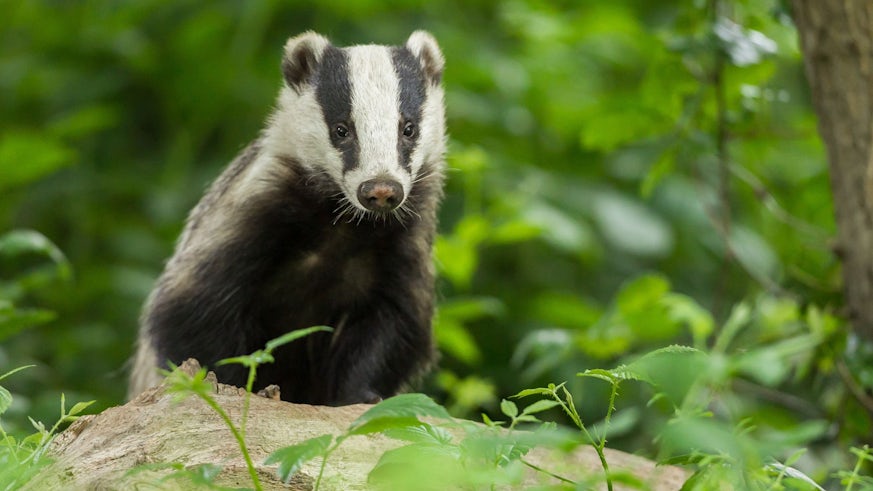Farmers unwilling to vaccinate badgers in fight against bovine TB, research finds
1 December 2022

A major new study explores farmer and stakeholder attitudes towards vaccinating cattle and badgers against bovine tuberculosis.
A Defra-funded project led by University of Gloucestershire and carried out in collaboration with the School of Geography and Planning and Kingshay Veterinary group has found that whilst farmers and stakeholders are broadly willing to vaccinate cattle against bovine tuberculosis (bTB) where it is affordable and any trade implications are clear, they are not willing to vaccinate badgers.
Gareth Enticott, Professor in Human Geography at the School of Geography and Planning, is co-author of the report and a member of Defra's bTB Partnership Group which is co-designing bTB policy.
Workshops were held with farmers and agricultural stakeholders where they were presented with a range of scenarios. These included a mandatory scenario, an individual voluntary scenario, and a scenario where local groups deliver the vaccines.
Professor Damian Maye, lead author of the cattle vaccination report, from University of Gloucestershire’s Countryside and Community Research Institute (CCRI), said: “Farmers and agricultural stakeholders were generally supportive of cattle vaccination, particularly where vaccination does not result in barriers to normal trading.
“They also stated that they need clear information before they will vaccinate cattle surrounding the efficacy of the vaccine for reducing bovine TB prevalence, the consequences for trading, the costs of the vaccine (including any meat withdrawal period), how flexible the timings of vaccination would be, and how vaccination status of livestock would be recorded and presented.”
Farmers also argued that they would like to be involved in the design of any policy which rolls out cattle vaccination. If vaccination were to become mandatory, farmers felt it would be unfair to pay towards vaccination.
Farmers and agricultural stakeholders rejected the idea of vaccinating badgers as a control method against bovine TB, instead favouring cattle vaccination.
Professor Enticott said: "This research comes at an interesting time for Defra and the Welsh Government. The development of a cattle vaccine for bovine tuberculosis could transform the incidence of the disease across England and Wales. However, it raises questions of who is responsible for delivering the vaccine and who pays for it.
“Our research shows that for a cattle vaccine, farmers view it positively, but have a number of concerns that need to be addressed before they would consider using it. Moreover, they believe that government should be responsible for paying for it. If Defra choose a voluntary approach, then they will need to address farmers concerns about trade and vaccine efficacy.”
The report’s key recommendation is that if Defra and the Welsh government intend to implement any vaccination strategy for controlling bovine TB, there needs to be a strong information campaign beforehand to ensure that farmers and stakeholders are willing to participate.